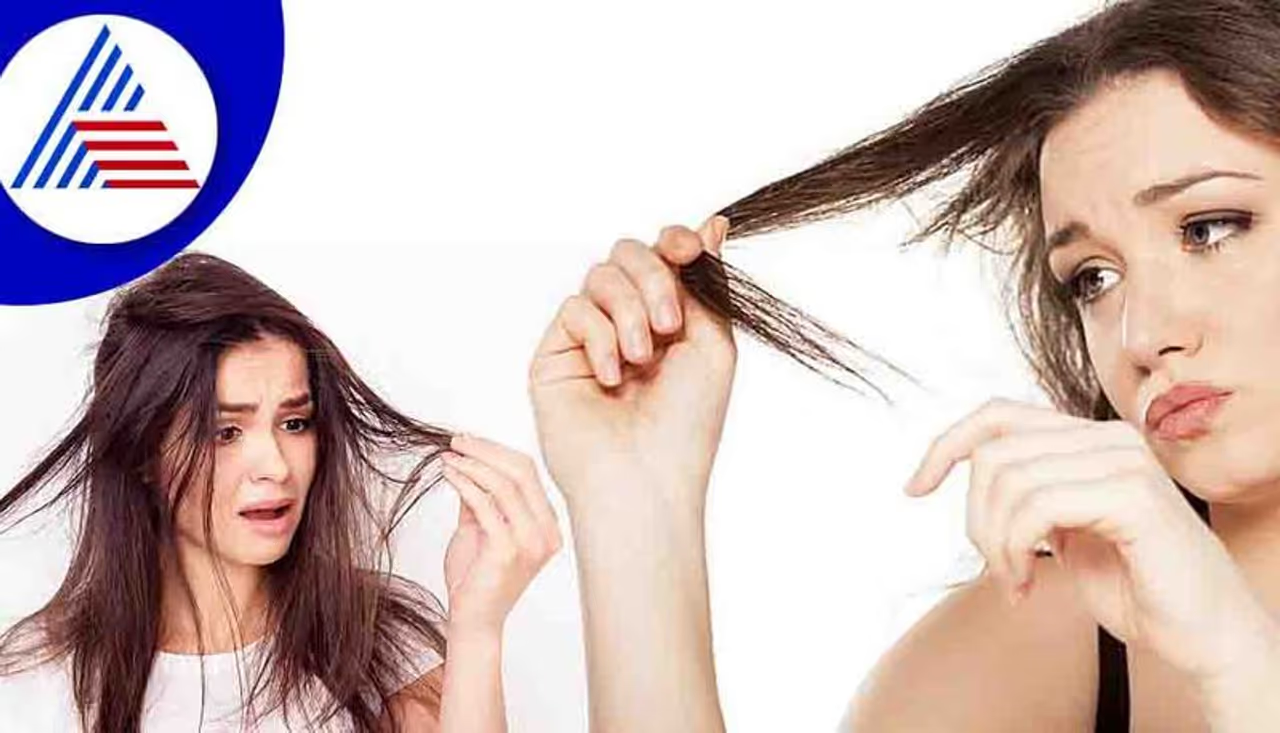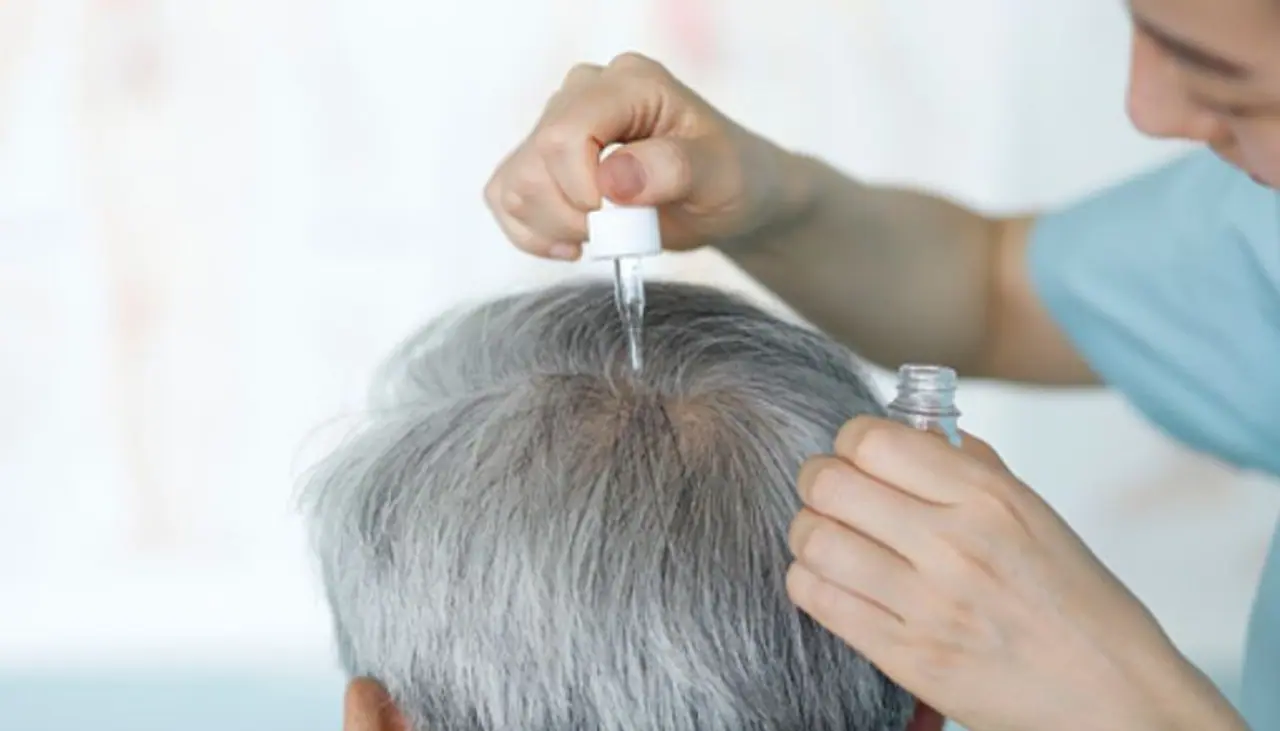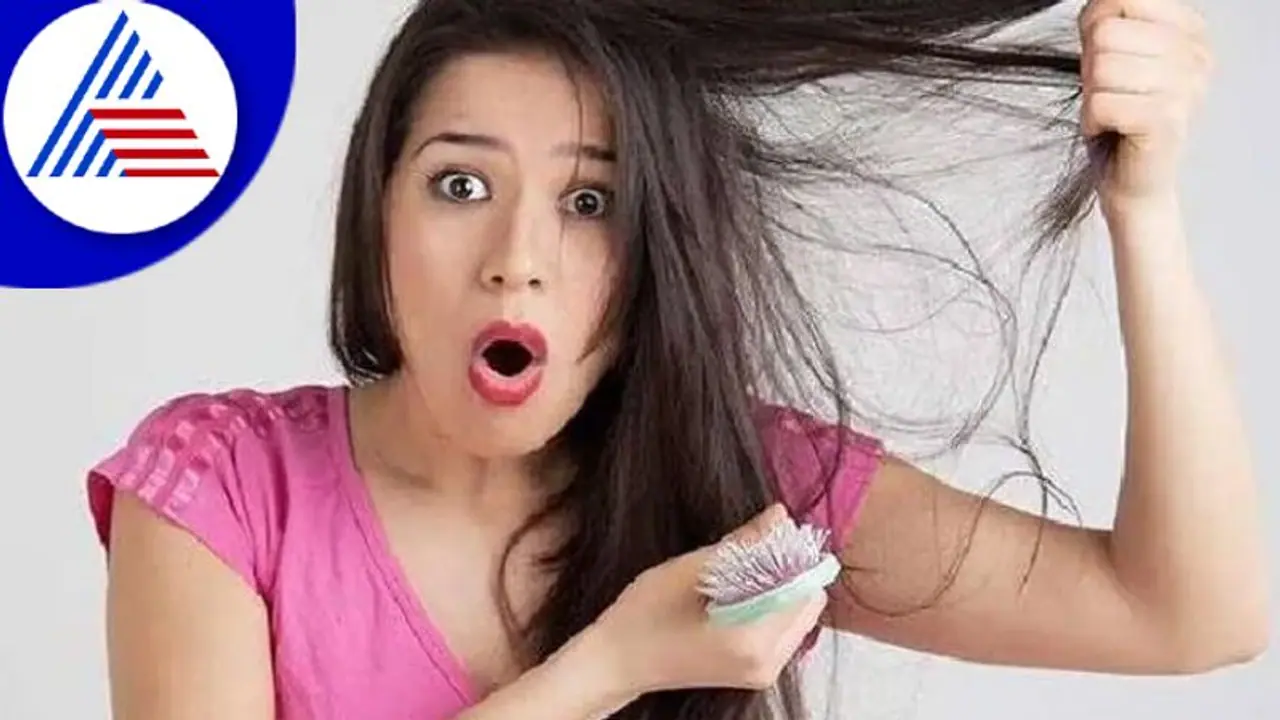Most allergic reactions or contact dermatitis cases are often found linked with hair colouring products. We spoke to Dr. Vatsal Panwar, Medharbour Hospital, who gave us some tips to follow.
Hair or Scalp allergies are generally represented by symptoms like stinging or burning sensation, blisters, itching and rashes on the scalp, forehead and eyes, which may emanate from a generalised body allergic reaction or after using a hair product. This kind of allergy is medically known as contact dermatitis.

Ingredients in your hair oil, hair gel, hair sprays, salon hair treatments like keratin, smoothening, hair spa and most importantly, hair dyes/hair colours can trigger an allergic reaction on the scalp. At the same time, sporadically, it might be caused even by natural ingredients like indigo. Very rarely one can have an allergy with shampoos and conditioners.

Also Read: Are you mentally exhausted? Here are 5 ways to stay in peace and happy
Most allergic reactions or contact dermatitis cases are often found to be linked with hair colouring products. The main culprit is a chemical, Para-phenylenediamine (PPD) found in most commercially produced hair dyes.
Another common chemical found in hair days is para toluene diamine (PTD). To change the hair colour, PPD is mixed with an oxidiser, and when partially oxidised PPD is more likely to cause an allergic reaction, especially in people with sensitive skin. Though less reactive than PPD, PTD can cause contact dermatitis too.
The other harmful chemical in your hair products is Ammonia and its byproducts – Ethanolamine, Diethanolamine and Triethanolamine. The best option to tackle such woes is using all-natural Henna Cream with Ayurvedic herbs and plant extracts.
Also Read: From seafood to mushrooms, 5 foods to avoid during monsoon

What else should you do?
In case of symptoms, immediately rinse the scalp thoroughly with water and mild shampoo to flush out any remaining product in the scalp. If the symptoms are mild, take an oral antihistamine to reduce scalp inflammation and itching. But if you have developed severe rashes and bumps, immediately visit your doctor, who will give you a topical corticosteroid-based cream to use. Ensure that you do not scratch the scalp as it may lead to wounds prone to infections.
Also Read: Music + Yoga: Here are some fantastic benefits of the combination
When choosing a new hair product, do a patch test on a small area before applying to all strands or scalp. You can test it behind the ears, and if the product causes itching or redness, immediately rinse it off and discard the product. Also, do not self-medicate, as a doctor is the best person to assess the severity of your symptoms and prescribe the medicines.
